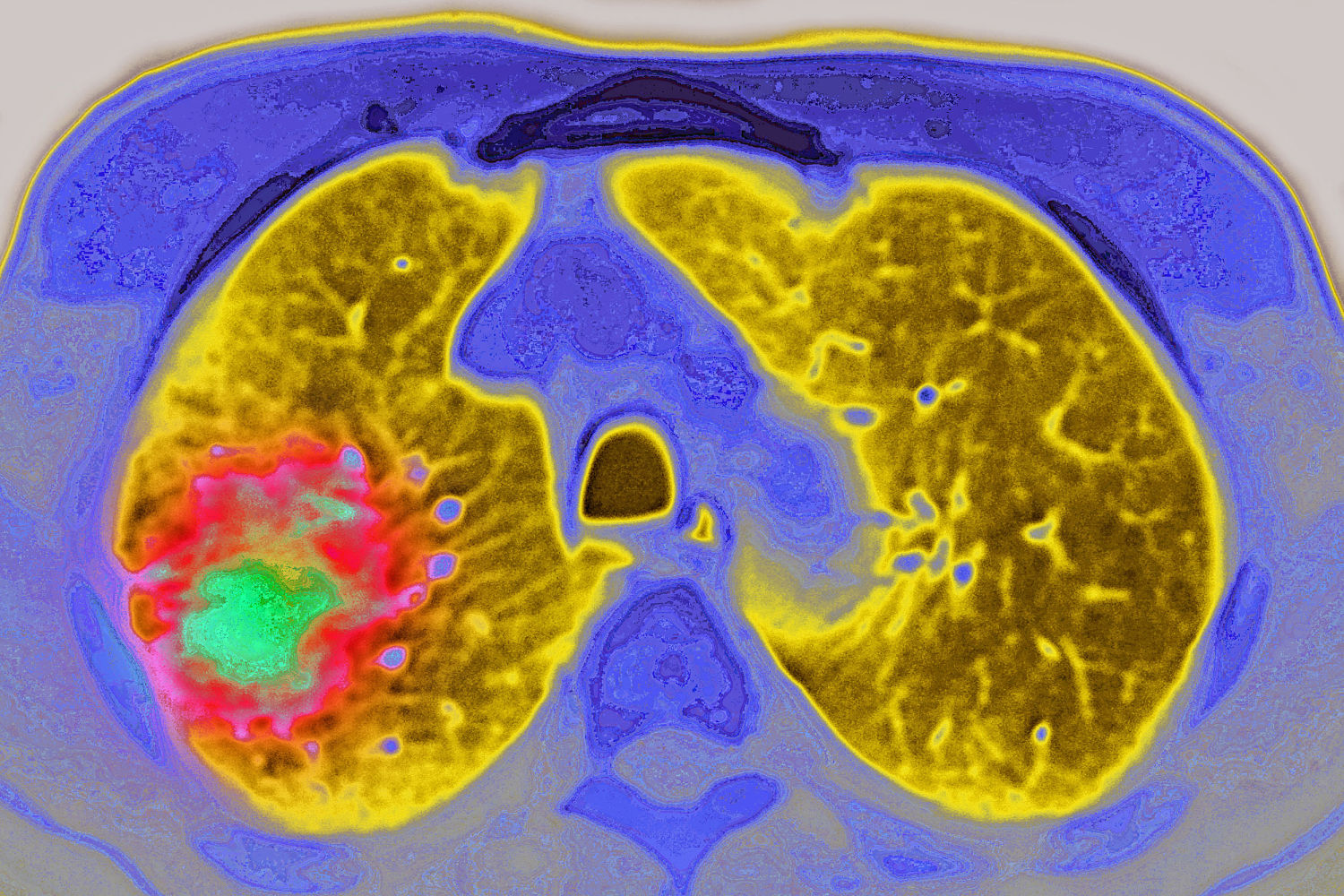Pfizer’s lung cancer drug Lorbrena can extend life for patients with a rare form of the disease for years longer than other drugs, according to new research published Friday. The drug treats a type of non-small cell lung cancer with a genetic mutation called ALK. Non-small cell lung cancers account for about 85% of lung cancer diagnoses , and ALK-positive cancers account for about 4% of those diagnoses — more than 70,000 people every year.
The cancer tends to occur in younger patients who are nonsmokers . It’s also particularly deadly: ALK-positive lung cancers are especially adept at spreading to the brain. About 25% of patients have brain metastasis within the first two years of being diagnosed.

“As time moves on, that increases,” said Dr. Ben Solomon, head of lung medical oncology at the Peter MacCallum Cancer Centre in Australia, who led the Pfizer-supported study. The new research, a follow-up to a previous phase 3 clinical trial , found that after five years, 60% of patients who got Lorbrena were still alive, compared with 8% of patients who received a different drug, crizotinib (Xalkori, also from Pfizer).
The study was published in the Journal of Clinical Oncology and will be presented Friday at the American Society of Clinical Oncology’s annual meeting in Chicago. “These results are remarkable,” said Dr. John Heymach, the chair of thoracic and head and neck medical oncology at the MD Anderson Cancer Center in Houston, who was not involved with the stu.
















